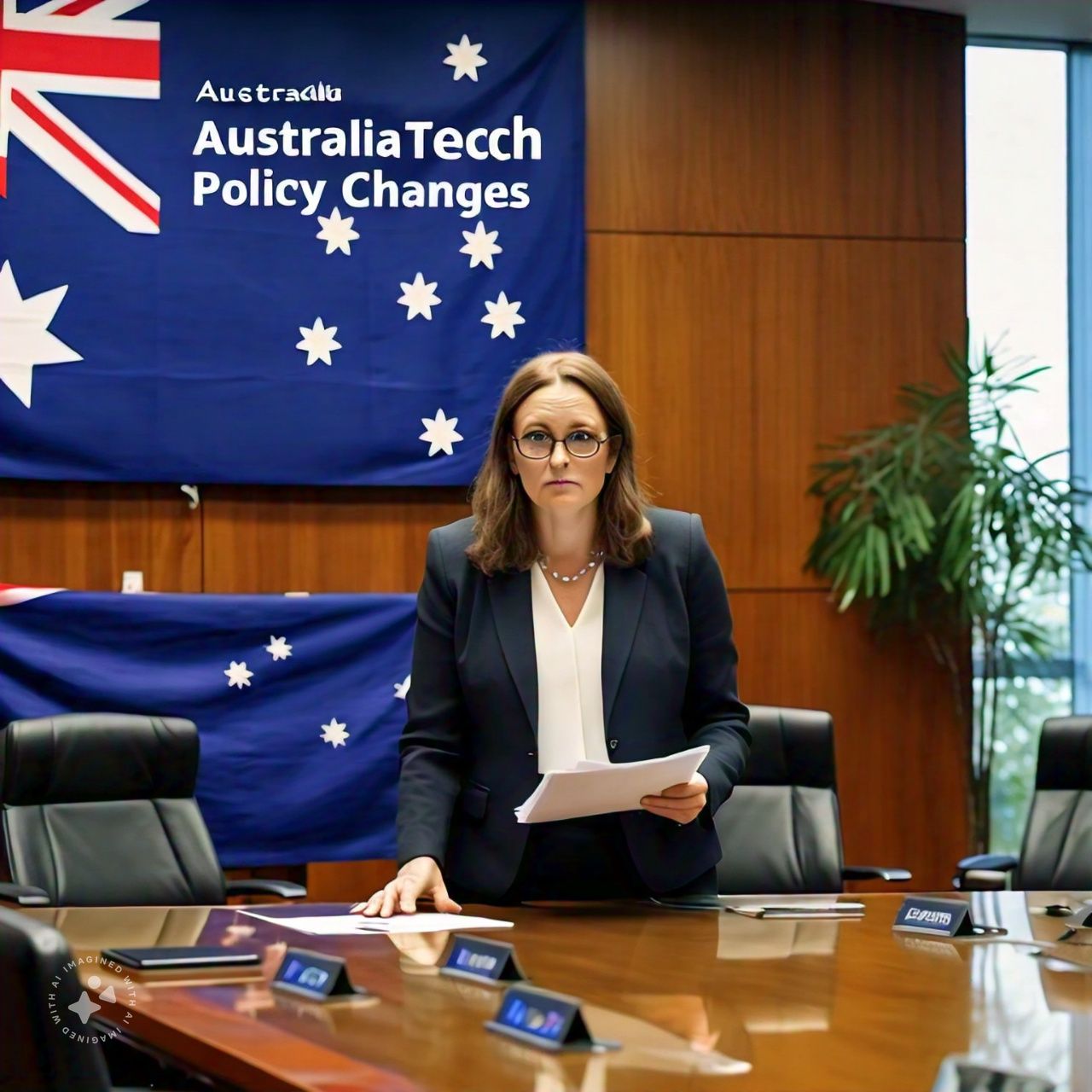1. Introduction
Tech regulations in Australia are constantly evolving, impacting businesses, consumers, and technological innovations. Understanding these regulations is crucial to ensuring compliance and fostering innovation in a rapidly changing environment. In this article, we will explore the latest updates on Australian tech regulations, with a focus on privacy laws, cybersecurity, AI, and more.
2. Overview of Australian Tech Regulations
History of Tech Regulations in Australia
Australia’s approach to technology regulation has matured over the years, from basic telecommunications laws to sophisticated data protection, cybersecurity, and AI frameworks.
Key Agencies Governing Tech Laws
The Australian government, through agencies like the Australian Communications and Media Authority (ACMA), Australian Competition and Consumer Commission (ACCC), and the Office of the Australian Information Commissioner (OAIC), oversees tech regulations.
3. Recent Changes in Data Privacy Laws
Impact of the Privacy Act 1988 Reforms
Revisions to the Privacy Act 1988 have introduced stricter data privacy standards, particularly focusing on personal data usage, consent requirements, and penalties for violations.
New Guidelines on Data Handling
The new guidelines emphasize data minimization, increased transparency, and consumer rights in controlling their personal information.
4. Cybersecurity Laws and Updates
Expansion of the Cybersecurity Strategy 2023
Australia’s 2023 Cybersecurity Strategy expanded its focus on critical infrastructure protection, enhancing resilience against cyberattacks, and fostering stronger international cooperation.
National Security Concerns and Responses
With heightened concerns over cyber espionage, Australia has ramped up efforts to protect government and business networks through stricter regulations and monitoring systems.
5. Intellectual Property (IP) Law in Technology
IP Law and Tech Innovations
Recent developments in IP law now better protect tech innovations, especially in areas like AI, blockchain, and biotech.
Patent Law Reforms Affecting Startups
Patent reforms have been introduced to streamline processes for startups and innovators, encouraging growth in Australia’s tech ecosystem.
6. Tech Industry Regulations and Compliance
ACCC Guidelines for Fair Competition
The ACCC has updated its guidelines to ensure fair competition in digital markets, addressing issues related to market dominance by tech giants.

Latest Updates on Tech Regulations in the Australia
Ensuring Fair Competition in Digital Markets
New competition rules aim to prevent monopolistic practices, ensuring startups and smaller businesses can compete fairly in the tech landscape.
7. Updates on AI Regulations
New Regulations for AI Development and Deployment
The government has introduced new laws requiring transparency in AI algorithms, particularly in critical industries like healthcare and finance.
Ethical Considerations in AI Use
Ethical AI is now a priority, with frameworks that mandate bias-free and accountable AI deployments.
8. Blockchain and Cryptocurrency Regulations
Current Status of Blockchain and Cryptocurrency Laws
Australia remains cautious but optimistic regarding blockchain technology. Cryptocurrency regulations have become more defined, particularly in areas like anti-money laundering (AML) compliance.
Challenges in Regulating Decentralized Finance (DeFi)
Regulators face challenges in monitoring decentralized platforms, and new measures are being considered to provide a safer environment for users.
9. Telecommunication Regulations
New Regulations on 5G Rollout
Australia’s 5G expansion has led to updated regulations that cover infrastructure sharing, spectrum allocation, and environmental concerns.
Digital Infrastructure Requirements
The government continues to push for improvements in the country’s digital infrastructure, ensuring access to fast and reliable internet for all Australians.
10. E-Commerce and Consumer Protection Laws
Updates to Consumer Protection in Online Retail
New consumer protection regulations ensure that e-commerce platforms offer clear refund policies, protect user data, and avoid deceptive marketing practices.
Impact on Small Businesses
Small businesses now need to meet more stringent compliance measures when selling products online, which can increase costs but also build consumer trust.
11. Fintech and Regulatory Sandboxes
Role of Regulatory Sandboxes in Innovation
The fintech sector has benefited from Australia’s regulatory sandbox, which allows startups to test products with limited oversight, encouraging innovation.
New Rules for Fintech Companies
Stricter reporting requirements and consumer protection laws are being enforced to ensure transparency in the fintech industry.
12. Environmental Regulations in Tech
Sustainability Regulations for Tech Companies
Australia has introduced sustainability laws for tech companies, requiring them to reduce energy consumption and electronic waste.
E-Waste Management Guidelines
Tech companies must now comply with e-waste management protocols, ensuring environmentally responsible disposal of obsolete devices.
13. Future of Tech Regulations in Australia
Anticipated Regulatory Trends
The future of tech regulation will likely involve increased oversight of AI, blockchain, and data privacy, with a greater emphasis on ethical practices and user rights.
Preparing for Emerging Technologies
Companies must stay agile, adapting to upcoming laws that will govern cutting-edge technologies like quantum computing and autonomous systems.
14. Case Studies
Examples of Companies Affected by Recent Regulations
Several Australian companies have faced penalties due to non-compliance with updated privacy and cybersecurity laws, highlighting the importance of adhering to regulations.
Success Stories in Navigating Tech Compliance
Conversely, some tech startups have thrived by staying ahead of regulatory changes, demonstrating that compliance can also lead to competitive advantages.
15. Expert Insights on Tech Regulations
Interviews with Legal Experts on the Impact of Regulations
Experts suggest that while regulations can sometimes stifle innovation, they also provide necessary safeguards to ensure ethical and secure tech development.
Insights from Tech CEOs
Tech leaders emphasize the importance of remaining flexible and responsive to regulatory updates to maintain market competitiveness.
16. FAQs
- What are the most recent updates on tech regulations in Australia? Recent updates include stricter data privacy laws and new AI transparency requirements.
- How do these regulations affect startups? Startups must navigate complex IP and compliance laws but benefit from initiatives like regulatory sandboxes.
17. Conclusion
Staying informed about the latest updates on tech regulations in Australia is crucial for businesses and individuals involved in the tech industry. By adhering to evolving laws on data privacy, cybersecurity, and emerging technologies, companies can ensure compliance and foster innovation.




































Leave a Reply